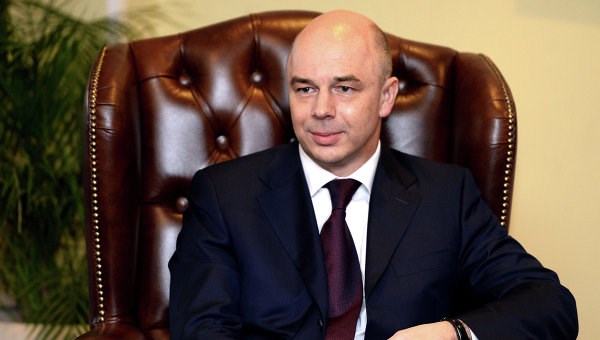Russian government to request 130 billion rubles from pension fund for anti-crisis plan
The Russian government will request about 130 billion rubles from the Presidential Reserve for the implementation of the anti-crisis plan, the Russian Minister of Finance, Anton Siluanov stated. This fund was established from freezing pension savings and can be used with the approval of the President and the Government.
Meanwhile, the 2016 budget provides for the establishment of the fund in the amount of 342 billion Rubles due to the freezing of pension savings.
“The budget provides for the spending of 342 billion Rubles upon approval by the President. The Russian government decided that the implementation of an anti-crisis plan will cost up to 250 billion Rubles. We will need to appeal to the President and receive consent for the spending of about 130 billion rubles in order to fund this project,” Anton Siluanov said in his interview with journalists. “We will appeal to the President with this request,” the Minister added.
The 2016 budget provides for an allocation to create the fund in the amount of 342.2 billion rubles. These funds were raised due to the freezing of pension savings in 2016 and can be used upon approval from the President and the government.
On the 24th of February, Kommersant reported that the head of the Ministry of Finance sent a letter to the Prime Minister, Dmitry Medvedev, in which he spoke about funding shortfalls for the implementation of anti-crisis plan.
He recalled that the government had only 120 billion rubles in the anti-crisis fund out of the 250 billion Rubles allocated for the implementation of the anti-crisis plan. The Russian Minister of Finance noted that, in fact, the government has 65 billion rubles in the fund. Fifty five billion rubles more might be available in April when the Federal Treasury sends unclaimed balances from the 2015 budget to this fund.
Siluanov discussed the ability of the Government to spend up to 342.2 billion Rubles from the Presidential reserve in 2016. On the same day, speaking at the expanded session of the Board of the Federal Treasury, the Minister of Finance stated that the current situation is significantly different from the crises of 1998 and 2008-2009.
“The current situation is long-term. We don’t expect sufficient rebounds of payments as has happened during past difficulties. That is why we are getting ready for the long-term work in the present conditions,” TASS quoted Siluanov as saying.
